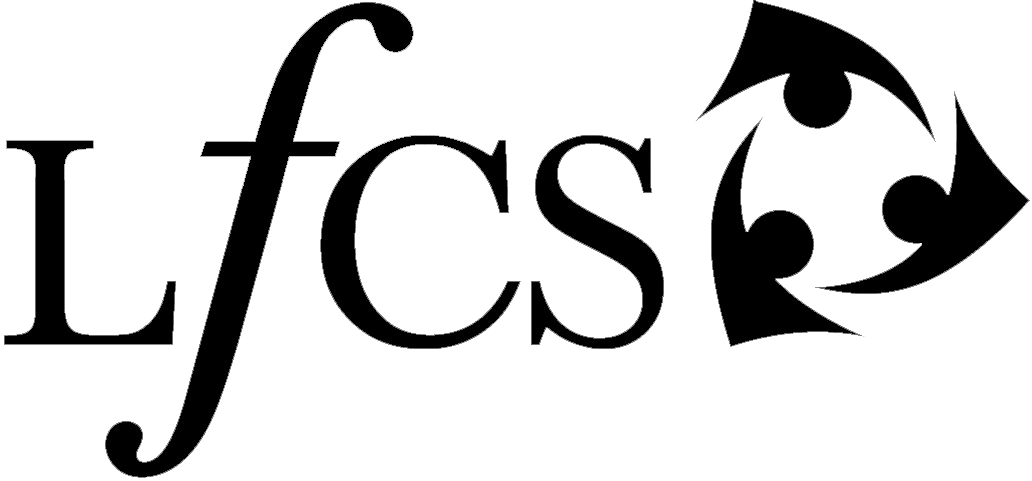I did not become a social worker because I enjoyed conflict. My motivation, in fact, was to lend a hand in alleviating it. Conflict hurts. But the more I learn, the more I understand that conflict is not something that has to be feared. If approached from the right frame of mind, conflict and disagreement can lead to greater understanding, intimacy and reinforced relationships.
By now it has become cliché to say that 2020 was a terrible year. It was one of the worst ever. However, for me, 2016 ranks right up there. See, that was the year the Chicago Cubs won the World Series. Back in the late 90’s, I lived in Chicago and few things brought me as much joy as bounding into Wrigley Field dressed head to toe in my Cardinal red armed with an array of snide comments freshly composed to combat the verbal assaults I thought, and kind of hoped, would be coming my way as soon as I approached the turnstiles. Wearing my mustard stained Mark McGwire number 25 jersey (this was 1998, so I still wore it with pride), I gleefully pointed out to any glib Cubs fan that they last time the Cubs won the World Series, Mark Twain was alive. It was the kind of good natured and consequence free ribbing that added just enough spice to keep the game day experience lively.
Then I met Myles. He was a good dude. We hung out in the same circles, liked the same movies, went to the same concerts, and had the same female troubles. There was one difference. It was a big one. He was a diehard lifelong Cubs fan. We went to a few games together and, at first, it was great. We’d enjoy the game and the hot dogs with just a few sarcastically-tinged barbs tossed into our conversations just to keep things a bit spicy. As the summer wore on and the whole country became ever more transfixed on the Great Home Run Chase of ’98, my interactions began to shift from fun loving banter to a bit more personal put-downs to aggressively lobbed personal insults. By the end of the season, not only were we not going to games anymore, we weren’t hanging out at all. The sad thing is, I can’t even remember what was the final straw. It just kind of happened. It’s amazing to look back and think that an entire friendship could be blown to smithereens simply because one guy liked the red hats and another liked the blue ones.
That seems to be going around a lot these days. I’ve been hearing more stories than I care to count in the last year about relationships and families being tossed aside because of red hats and blue hats. The thing is, the players always change. There will always be another season. I lost sight of the essential goodness of my friend and the importance of our lasting connection for reasons felt important at the time, but in the end, left me sitting in the bleachers by myself.
So if you find yourself at loggerheads in a relationship over issues that seem intractable and irreconcilable, here are some tips that may provide a pathway back to connection:
- Treat your friend with respect. Instead of just getting mad at your friend for holding the views that are different from your own, try to understand why they feel the way they do.
- Don’t try to change your friends view or “win” the argument. Shift your goal to one of empathy and closeness.
- Focus on common interests. Remember that we all have far more in common than we have differences. As President Kennedy said, “For in the final analysis, our most basic common link is that we all inhabit this same small planet. We all breathe the same air. We all cherish our children’s future. And we are all mortal”
- Accentuate the positive. Even when we vehemently disagree with someone, there is almost always a nugget of positivity that can be found and highlighted.
- Assume positive intent. When you remember that your friend is trying to do the best they can with the information they have, it can make disagreements less personal and feel less insulting.
Relationships can be hard. Disagreements, even fervent ones, do not have to be their death knell. By remembering your friend’s core characteristics that helped forge your bond, you can get in touch with that which will carry you through your current tension to a deeper future partnership. There is a lot of intense conflict floating in the ether these day. I’ve been hearing more stories than I care to count in the last year about relationships and families being tossed aside because of red hats and blue hats. The thing is, the players always change. There will always be another season. I lost sight of the essential goodness of my friend and the importance of our lasting connection for reasons that felt important at the time, but in the end, left me sitting in the bleachers by myself.
About the Author
Ryan Patterson is a Licensed Clinical Social Worker for Lutheran Family and Children’s Services of Missouri. Since 2006, he has worked in schools, with families, in court systems, and with individuals to promote harmony, healing and understanding.
